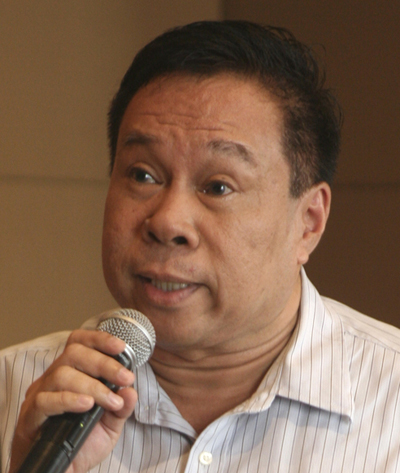I just checked the latest edition of International Air Transport Association (IATA) electronic Air Way Bill (e-AWB) update entitled e-AWB Buzz (www.iata.org/whatwedo/cargo/e/eawb/Pages/update.)
The overall assessment says that “2014 is turning out to be a pretty good year for air cargo growth, and that’s true for e-AWB as well”.
Our readers here in the Philippines may be reading more about the impending ASEAN integration but I am not sure how many are actually aware of IATA e-AWB and its tremendous impact in simplifying business processes in the airfreight industry.
“Single Process”
According to this latest IATA update, substantial e-AWB growth among some international airlines were achieved within a short span of time due to the “Single Process” procedure as part of e-AWB projects.
It further states that “Under the Single Process approach, freight forwarders transmit shipment data electronically to their airline partners for 100% of their shipments, regardless of destination, and tender cargo to the airline without a paper AWB. If a paper AWB is required (due to regulatory, network or other constraints), the airline will produce the paper AWB, on behalf of the freight forwarder, based on the electronic data exchanged”.
I really hope that all automation initiatives of the Bureau of Customs within the year 2015 take into consideration potential alignment with “single process” procedure and e-AWB.
The last time I visited the Document Handling Unit (DHU) in one of NAIA’s cargo warehouses, I saw stacks upon stacks of hard copies of MAWBs and HAWBs. These voluminous hard documents are separate from hard copies of similar MAWBs ad HAWBs required for submission to NAIA customs.
The projected implementation of mandatory advance e-manifest submission by airlines and airfreight forwarders must focus on “electronic submission” and “electronic data” and drastically reduce mandatory requirements to submit hard copy master and house AWBs for import clearance processing.
Leo V. Morada is a domain expert on IT applications in Philippine port operations with almost 30 years senior IT management experience implementing technology solutions in port operations and supply chain logistics, electronic transactions with customs & port authority, and air/sea port community system applications. He is CEO of Cargo Data Exchange Center, Inc, a customs-accredited Value Added Service Provider. He may be contacted at lmorada3f1@yahoo.com.




